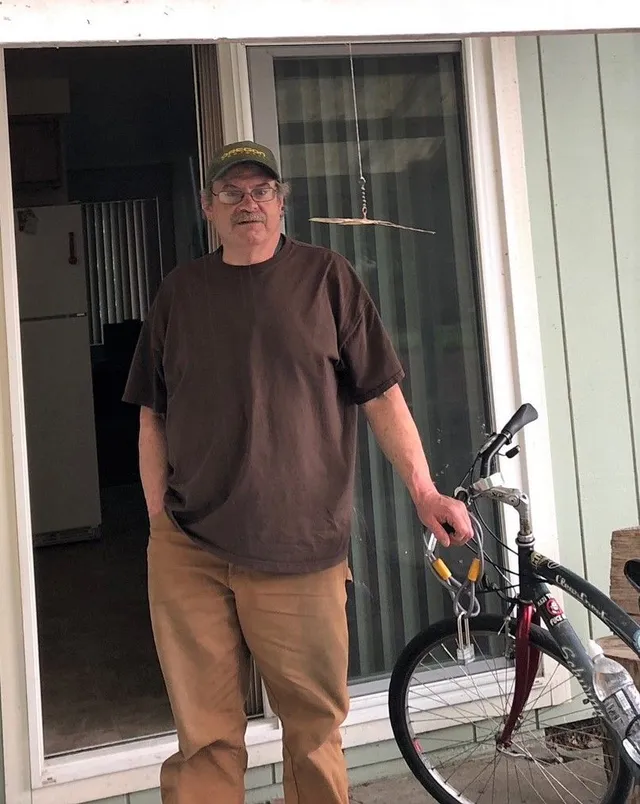Housing Stabilization Services is a new Minnesota Medical Assistance benefit to help people with disabilities, including mental illness and substance use disorder, and seniors find and keep housing.
Housing Stabilization is a Home and Community Based Service (HCBS), and providers of Housing Stabilization must abide by the HCBS requirements. Information about being a HCBS provider
Housing Consultation

People who do not have waiver or targeted case management or a MSHO/MSC+ care coordinator, but need Housing Stabilization Services, can complete the person-centered planning needed through an enrolled housing consultant. Enrolled housing consultants help a person develop a Housing Focused Person-Centered Plan (DHS-7307) and support the person to select their housing transition or sustaining provider. This service must be distinct from all other services and not duplicate other services or assistance available to the person
Read more: Housing Stabilization Services, HSSHousing Transition

A housing transition broadly encompasses any change in an individual’s or household’s living situation, ranging from moving between different types of dwellings like renting to buying or downsizing, to navigating shifts within a current residence such as roommate changes or temporary relocations due to renovations. These transitions are often triggered by various life events, including job changes, family dynamics, health considerations, or financial circumstances, and can involve significant logistical, emotional, and financial adjustments. Successfully navigating a housing transition often requires careful planning, r
Moving Expenses

Housing Stabilization Services Moving Expenses are for people receiving Housing Stabilization-Transition services who are transitioning out of a Medicaid-funded institution or leaving a provider-operated living arrangement and moving into their own home. For purposes of this service component, “home” means a setting that a participant owns, rents, or leases that is not operated, owned, or leased by a provider of services or supports.
Moving Expenses are a component of Housing Stabilization-Transition Services. Moving expenses are non-reoccurring and limited to a maximum of $3,000 annually within an approved Housing Stabilization Services eligibility span.
Moving Expenses are reimbursed to providers. Moving Expenses are covered only to the extent that they are determined reasonable and necessary.
Housing Sustaining

Housing sustaining services are crucial supports designed to enable individuals to remain living in their own homes within their communities. These services encompass a wide array of assistance tailored to meet diverse needs, potentially including help with household tasks, personal care, home modifications for accessibility, financial management related to housing costs, and connections to community resources. The overarching goal is to prevent homelessness and promote stability by addressing barriers that might otherwise jeopardize an individual’s ability to maintain their current living situation, fostering independence and well-being within a familiar environment.

